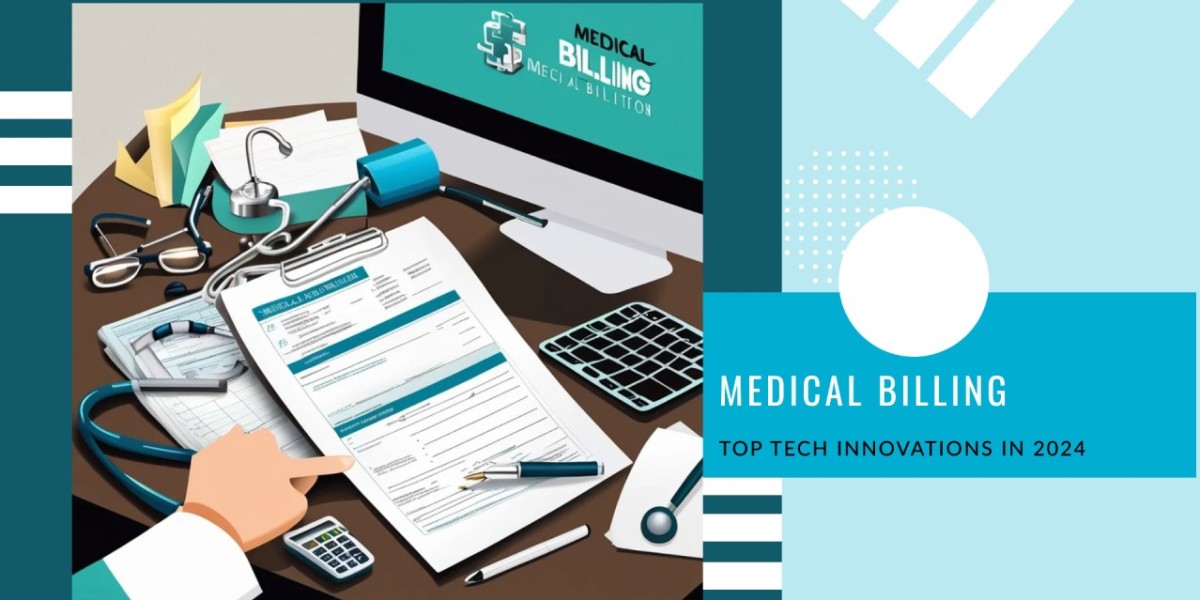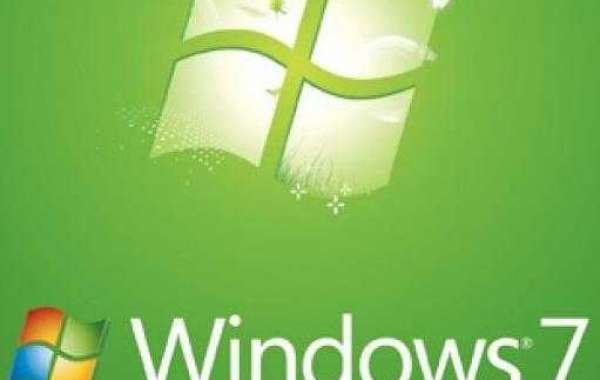Medical Billing: How Technology is Transforming the Landscape
Recently, the medical billing industry has seen substantial changes, notably with the integration of modern technologies. For those looking to invest in the healthcare market, understanding these developments is key to identifying profitable opportunities. Here’s a look at how cutting-edge technologies like artificial intelligence (AI), blockchain, and cloud computing are reshaping medical billing, alongside insights into how leading companies are driving these innovations.
1. The Impact of Artificial Intelligence (AI) on Medical Billing
Artificial intelligence is revolutionizing medical billing by automating many of the labor-intensive tasks that were traditionally done manually. From coding to claims submission and payment posting, AI can significantly improve both the accuracy and efficiency of the billing process.
Cognizant Technology Solutions has been a leader in incorporating AI into medical billing. By utilizing AI algorithms, they’ve been able to reduce errors in medical coding and streamline the claims submission process, leading to faster reimbursements and fewer denials. Similarly, HCL Technologies is leveraging AI to enhance their revenue cycle management (RCM) services, optimizing everything from eligibility verification to payment posting.
2. The Role of Blockchain Technology in Medical Billing
Blockchain technology offers a promising solution to some of the biggest challenges in medical billing, such as fraud and data accuracy. By creating a secure and transparent record of medical transactions, blockchain can ensure that billing information is accurate and immutable.
Accenture is pioneering the use of blockchain in healthcare, including medical billing. Their blockchain solutions are designed to create a secure ledger of patient transactions, reducing the risk of fraudulent claims and ensuring the integrity of billing records. Genpact is also exploring blockchain to enhance data security and transparency in its medical billing processes, providing a more trustworthy system for all stakeholders.
3. Benefits of Using Cloud-Based Medical Billing Software
Cloud-based medical billing software offers several advantages over traditional on-premise systems. These solutions can be accessed from anywhere, making it easier for medical practices to manage their billing operations remotely. Additionally, cloud-based systems are scalable, allowing practices to adjust their capabilities as they grow.
TCS (Tata Consultancy Services) and AGS Health are at the forefront of providing cloud-based medical billing solutions. TCS’s cloud platforms enable seamless integration of billing services across different locations, improving collaboration and efficiency. AGS Health’s cloud-based solutions offer flexibility and scalability, allowing healthcare providers to scale their billing operations without significant upfront investments in infrastructure.
4. Improving Revenue Cycle Management (RCM) Using Technology
Revenue cycle management (RCM) is critical to the financial health of medical practices. Technology can automate many of the processes within RCM, such as eligibility verification, claims scrubbing, and payment posting, which can help improve cash flow and reduce costs.
GeBBS Healthcare specializes in leveraging technology to optimize RCM. Their automated solutions streamline the entire revenue cycle, reducing the time it takes to process claims and improving the accuracy of reimbursements. Medusind also offers technology-driven RCM services that help medical practices reduce administrative burdens and improve their overall financial performance.
5. Challenges and Opportunities of Using Telehealth for Medical Billing
The rise of telehealth presents both challenges and opportunities for medical billing. One of the main challenges is determining the correct place of service for telehealth visits, which can complicate the billing process. However, telehealth also offers opportunities for practices to reach more patients, particularly in rural areas.
INFINIT Healthcare is addressing the challenges of telehealth billing by developing solutions that simplify the billing process for virtual visits. Their technology ensures that telehealth services are billed accurately, regardless of where the patient is located. This not only helps practices capture more revenue but also expands access to care for patients who might not otherwise receive it.
The medical billing industry is undergoing a transformation driven by technological advancements. Companies like Cognizant, Accenture, TCS, GeBBS Healthcare, and INFINIT Healthcare are at the forefront of these changes, offering innovative solutions that improve accuracy, efficiency, and transparency in billing processes.
For investors, these advancements represent significant opportunities. As AI, blockchain, and cloud-based technologies continue to evolve, they will play an increasingly important role in shaping the future of medical billing. By understanding these trends, investors can position themselves to capitalize on the growth and innovation within this critical sector of the healthcare market.
For more information visit at MarketResearchFuture
Other Trending Reports










